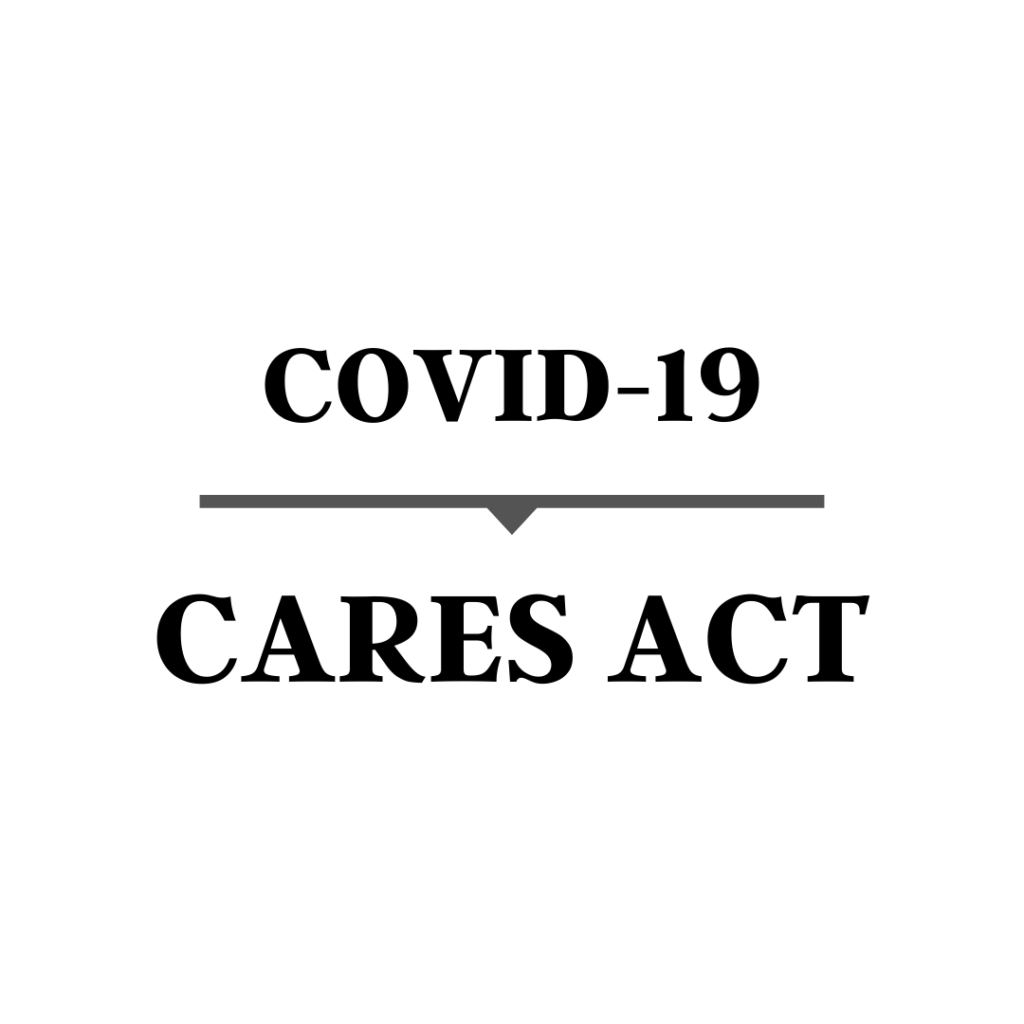On March 27, 2020, President Trump signed the Coronavirus Aid, Relief and Economic Security Act (“CARES”) into law. It provides employees an unprecedented expansion of unemployment benefits, and provides businesses with an extensive amount of loans.
CARES provides important benefits in three distinct major areas.
1. Additional Benefits for Workers
CARES aids displaced employees and workers by providing them $600 per week for four (4) months in addition to any state unemployment compensation (“UC”) benefits to which they may be entitled. There can be simultaneous collection of state UC benefits AND this additional $600 per week for four (4) months. CARES expands benefit eligibility by creating new eligibility for workers who typically cannot collect unemployment benefits, i.e., independent contractors, self-employed, and those who have not yet hit the minimum hours for any state benefits.
2. Loans to Business
CARES creates a $500 billion Exchange Stabilization Fund that consists of about $50 billion in direct lending to the airline industry and to “businesses important to maintaining national security”. It also provides about $450 billion in emergency loans for general businesses.
The direct lending to a publicly held company includes several critical conditions such as (i) not engaging in any stock buybacks for a year after taking out a loan, and (ii) maintaining the bulk of its staff through September 2020.
The direct lending to non-profits and private businesses with between 500 and 10,000 employees also has conditions. The entity must (i) maintain staffing; (ii) pledge not to send jobs offshore; (iii) abide by collective bargaining agreements with unions; and (iv) promise to “remain neutral” if employees seek to form a union during the loan term.
For air carriers and certain other businesses that take CARES loans, the Act limits how much their executives may be paid during the term of the loan. Executives who earned between $425,000 and $3 million in 2019 cannot earn more than that year’s pay in any 12-month period while the loan is active. Further, if an executive receives a severance package while the loan is still active, it cannot be more than double the amount of the 2019 earnings. And, if the executive earned more than $3 million in 2019, then he/she can only be paid $3 million plus half the amount by which they exceeded that figure in 2019.
The direct lending to employers with fewer than 500 employees are partially forgivable. But, the funds must be used for payroll and other immediate needs.
3. Other Benefits
CARES also gives workers directly affected by COVID-19 new ways to use their retirement savings. It permits employees to withdraw up to $100,000 from their Section 401(k) or another defined contribution plan without facing the penalties they would typically incur for withdrawals before age 59½. A borrower, however, will still owe income tax on any withdrawn funds.
The employee will be provided three years to pay back the amount they take out, even if doing so would push their payment above the annual maximum contribution. This is available to employees who are diagnosed with COVID-19, whose spouse or dependent is diagnosed with the virus, or who experiences “adverse financial consequences” because of the virus. CARES also permits such employees to take out larger loans from their accounts.
The Act also provides employers some relief from their obligations to pension plans. Under the new law, employers may delay contribution payments until the end of the year.
If you have any questions regarding unemployment benefits or business loans under the new Act, please contact our labor and employment partner, Harve Linder, at hlinder@cm.law.
The foregoing content is for informational purposes only and should not be relied upon as legal advice. Federal, state, and local laws can change rapidly and, therefore, this content may become obsolete or outdated. Please consult with an attorney of your choice to ensure you obtain the most current and accurate counsel about your particular situation.







